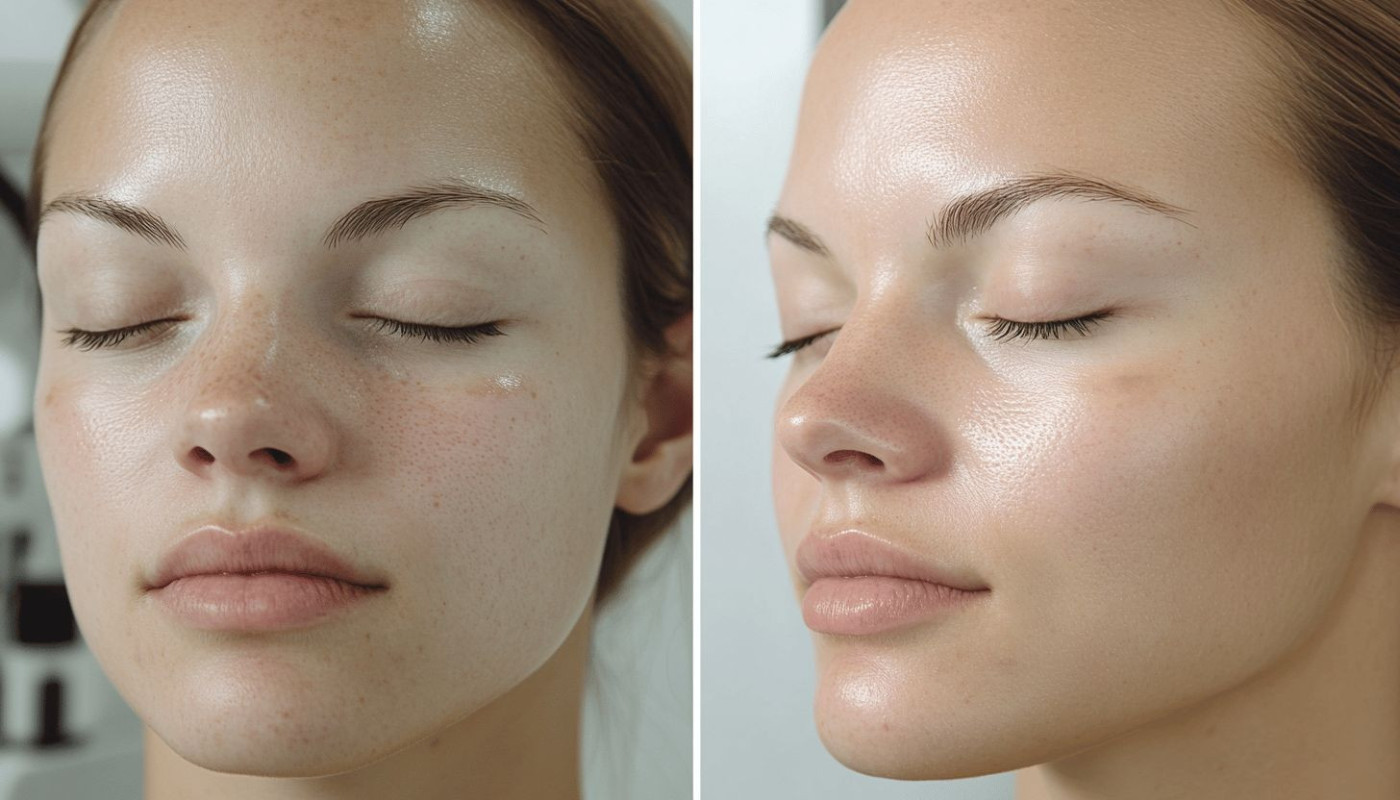Table of contents
The fast-paced world of today often leaves individuals seeking methods to manage and alleviate stress effectively. Aromatherapy, an age-old practice that involves using aromatic plant extracts and oils for healing and relaxation, has gained popularity as a potential solution to this modern dilemma. This text invites readers to explore the multifaceted world of aromatherapy and its purported benefits in stress management. Discover the science behind the scents, the practical ways to incorporate aromatherapy into daily life, and what research has to say about its efficacy, as we delve into an aromatic journey towards tranquility.
Understanding the Basics of Aromatherapy
Aromatherapy, a practice that harnesses the power of volatile aromatic compounds typically found in essential oils, has been used for centuries to promote physical and psychological well-being. Tracing its roots back to ancient civilizations, aromatherapy has evolved into a popular complementary therapy in modern wellness circles. The benefits of aromatherapy include stress relief, improved sleep quality, and enhanced mood. There are various methods of enjoying the therapeutic effects of essential oils, such as the use of diffusers which disperse the scent into the air, direct inhalation for a more immediate impact, or topical application which allows the oils to be absorbed through the skin. With a wide range of essential oil uses, understanding these foundational aspects creates a platform from which to explore the efficacy of aromatherapy in managing stress and promoting relaxation.
Identifying Stress-reducing Scents
The practice of aromatherapy taps into the body's olfactory system, leveraging the power of scent to evoke a calming response and mitigate the effects of stress. Among the plethora of stress-reducing essential oils, lavender oil stands out for its widespread recognition and extensive research supporting its sedative properties. This tranquil essence is renowned for its ability to modulate the nervous system, potentially reducing anxiety and fostering a sense of well-being. In the realm of aromatherapy for anxiety, scents like bergamot, chamomile, and ylang-ylang have also been revered for their soothing qualities. These calming scents may work synergistically to decrease cortisol levels and uplift mood, making them a practical choice for those seeking natural stress alleviation. Selecting the right relaxing essential oils involves considering personal preferences and the specific emotional states one wishes to address, thereby enabling a tailored aromatherapeutic experience that can support overall mental health.
Scientific Evidence Supporting Aromatherapy
When delving into the realm of complementary medicine, one often encounters aromatherapy as a suggested method for stress alleviation. To assess the efficacy of this practice, it is pivotal to consider aromatherapy research that is grounded in rigorous scientific inquiry. Clinical studies on essential oils have proliferated, providing a wealth of data for analysis. Evidence-based aromatherapy hinges on the outcomes of these studies, which have variously employed quantitative and qualitative methodologies to measure the impact of scents on stress. Notable among these are systematic reviews that synthesize findings from multiple research papers to derive a more cohesive understanding of aromatherapy's potential benefits. The scientific support for aromatherapy, while growing, requires careful scrutiny; it is of utmost significance that a researcher or academic with expertise in complementary medicine or psychoneuroimmunology reviews the evidence to ensure the most accurate and relevant information is brought to the fore for practitioners and patients alike.
Practical Tips for Incorporating Aromatherapy
Integrating aromatherapy into your daily life can be a simple and effective method for managing stress. When selecting essential oils, priority should be given to those labeled as "therapeutic grade," which indicates a higher standard of purity and potency. To ensure you are using essential oils safely, always dilute them with a carrier oil before applying to the skin, and consult with a healthcare professional or certified aromatherapist if you have any concerns or medical conditions.
For aromatherapy at home, consider starting your day with an energizing citrus scent in your shower by adding a few drops to your soap or body wash. Throughout the day, maintain a serene environment by using a diffuser with a calming blend, such as lavender or chamomile, which can help create a tranquil space for relaxation or focused work. For those dealing with workplace stress management, keep a small bottle of your favorite oil at your desk for quick inhalations or invest in a personal diffuser that can be used discreetly. Daily aromatherapy tips include incorporating scented sachets into your workspace or car, and using oil-infused lotions after hand-washing – a habitual moment turned into a calming ritual.
Remembering that quality essential oils are the foundation of effective aromatherapy will guide you in crafting a routine that best suits your stress management needs. By embracing these practices, you can harness the natural power of aromatherapy to foster well-being in both personal and professional realms.
Limitations and Considerations of Aromatherapy
When incorporating aromatherapy into stress management routines, it is imperative to understand its limitations and safety considerations. Despite its potential benefits, aromatherapy is not without risks, and certain precautions should be observed. One significant concern is the possibility of allergic reactions, which can occur in response to specific essential oils. Individuals with preexisting allergies or sensitive skin should proceed with caution and consider consulting with a healthcare provider before use. Moreover, particular populations, such as pregnant women, children, and those with chronic health conditions, may face increased risks and should seek medical advice to avoid contraindications. It is also worth noting that the manner of use—whether by inhalation, topical application, or diffusion—can impact the safety and efficacy of aromatherapy, underscoring the need for awareness regarding the appropriate methods of administration. Inaccurate or excessive use may lead to essential oil side effects, ranging from skin irritation to systemic toxicity. The safe use of essential oils requires diligence and, ideally, guidance from a medical professional with expertise in both traditional and alternative medicines. By recognizing these aromatherapy precautions, individuals can make more informed decisions and minimize the potential risks of aromatherapy.
Similar articles








